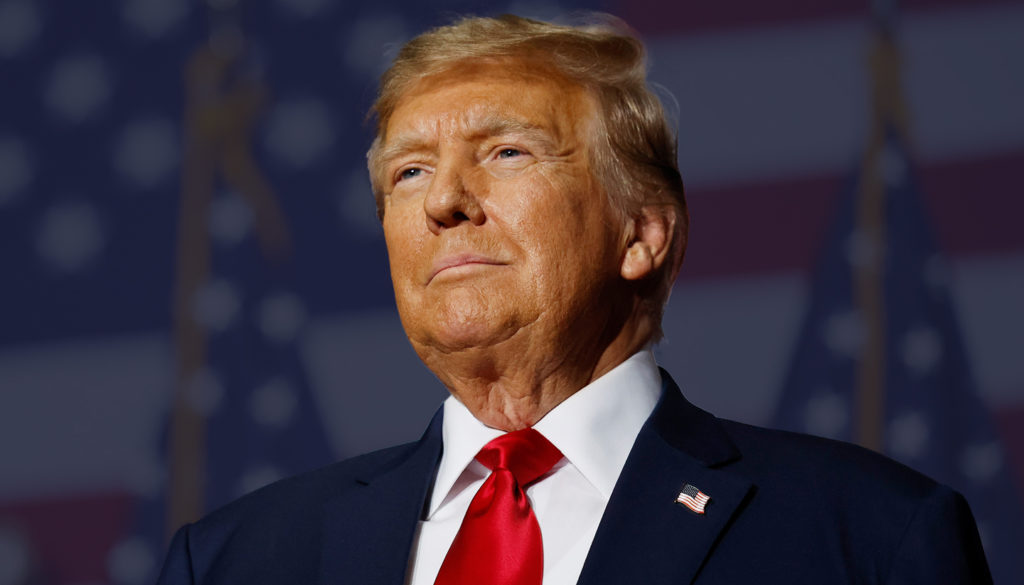On January 20, 2025, Donald J. Trump was sworn in as the 47th President of the United States, marking a historic political comeback. As only the second president in U.S. history to serve non-consecutive terms, after Grover Cleveland, Trump’s return to the White House signifies a pivotal moment in global and domestic politics.
Trump’s victory in the 2024 election was decisive, securing 312 electoral votes against Vice President Kamala Harris’s 226. His win also included a narrow popular vote margin, with Trump obtaining 49.8% of the vote compared to Harris’s 48.3%. The swearing-in ceremony was celebrated by his supporters as a triumph of resilience and determination, symbolizing a new chapter for the United States.
Reactions in Uganda
Trump’s return to power has sparked varied reactions across Africa, particularly in Uganda. His presidency is viewed optimistically by some Ugandan government and military officials, who anticipate closer ties and strategic cooperation with the United States. The hope is that Trump’s policies might foster mutual benefits, particularly in trade and security.
However, concerns have emerged about potential reductions in U.S. foreign aid, a critical lifeline for Uganda’s economy and development projects. Under the Trump administration, aid reductions could significantly impact healthcare, education, and infrastructure initiatives in the country. Many Ugandans are bracing for potential challenges in light of these uncertainties.
The Ugandan Diaspora in the U.S.
For Ugandans residing abroad, especially in the United States, Trump’s presidency presents a complex set of opportunities and challenges. Members of the Ugandan diaspora who share conservative values may find alignment with Trump’s policies on family, faith, and business. However, his administration’s history of stricter immigration policies has left others concerned about their visa statuses, work permits, and the pathway to citizenship.
Ugandans contribute significantly to the U.S. economy, particularly in fields like healthcare, technology, and education. Yet, potential changes to immigration laws could disrupt these contributions, affecting not only individuals but also the remittances they send home to Uganda. These remittances are a vital source of income for many families, supporting education, healthcare, and small businesses back home.
Economic and Social Impacts
The Ugandan diaspora plays a crucial role in sustaining their families and communities in Uganda through financial support. Any shifts in U.S. economic and foreign aid policies could ripple back to Uganda, potentially reducing the funds flowing into the country from abroad. This scenario has led to growing discussions about fostering resilience within the diaspora and exploring alternative ways to support Uganda’s development.
Looking Forward
As President Trump embarks on his second term, the implications for Ugandans at home and abroad remain significant. While his administration’s focus on strengthening bilateral relations may bring opportunities, Ugandans in the diaspora must navigate the challenges posed by policy changes in areas like immigration and foreign aid.
For many, this historic moment is both a challenge and an opportunity to adapt to the evolving landscape. As Trump’s policies unfold, Ugandans worldwide will watch closely, hoping for a future where their contributions and connections to both nations can thrive.







